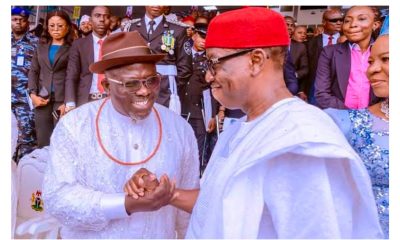The decision follows the intervention of the Minister of the Federal Capital Territory, Nyesom Wike, who convened a stakeholders’ meeting on Thursday, July 3rd, to address the lingering impasse.
This was contained in a communique dated July 4th, 2025, made available to our correspondent on Tuesday.
Recall that Primary school teachers in the FCT had embarked on industrial action on March 24, 2025, over the non-payment of arrears and failure to implement the new national minimum wage.
According to the Communique signed by the NUT Chairman, Abdullahi Shafas, State Secretary, Margaret Jethro, and Publicity Secretary, Ibukun Adekeye, the Union said the latest offer from the FCT Minister provided a workable pathway to temporarily halt the action.
The SWEC, after reviewing the Minister’s offer, noted the “positive disposition of the Honourable Minister for taking over the payment of the Primary School Teachers emoluments by the FCTA”, and resolved to suspend the strike upon the release and disbursement of the N16 billion.
“Consequent upon the implementation of the New Minimum Wage and payment of five months Arrears into the Teachers accounts today, 8th July 2025; the SWEC, hereby suspends the ongoing Strike action and
appeals to all Primary School Teachers in FCT to, with effect from Wednesday, 9th July 2025 return to the classrooms and continue with the Union intensifies more efforts to
their legitimate duties while ensure the settlement of the remaining entitlements.,”the communique read.
The union also extended its appreciation to stakeholders and supporters who stood by them during the industrial action.
“The SWEC – In Session wishes to use this medium to appreciate all members especially the Primary School Teachers for their unwavering support, solidarity, cooperation and prayers while the strike lasted.
“Our special thanks go to the FCT Royal fathers, Civil Society Organizations, and other well-meaning individuals who, in one way or the other intervened and stood by us during the strike.
“We equally wish to thank the National Head Office of our Union-NUT, the National and the FCT Council of the NLC for the support and guidance,” the communique added

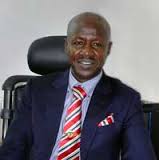


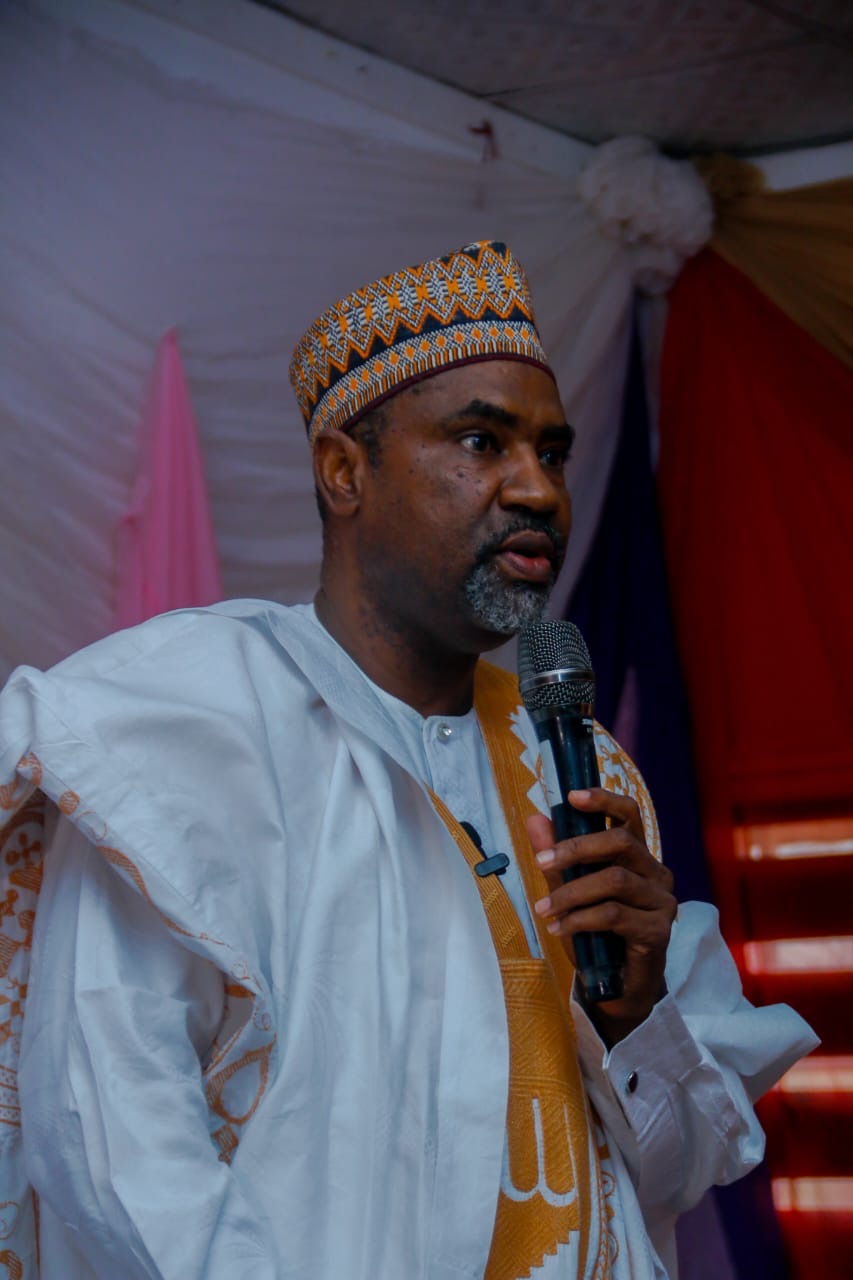
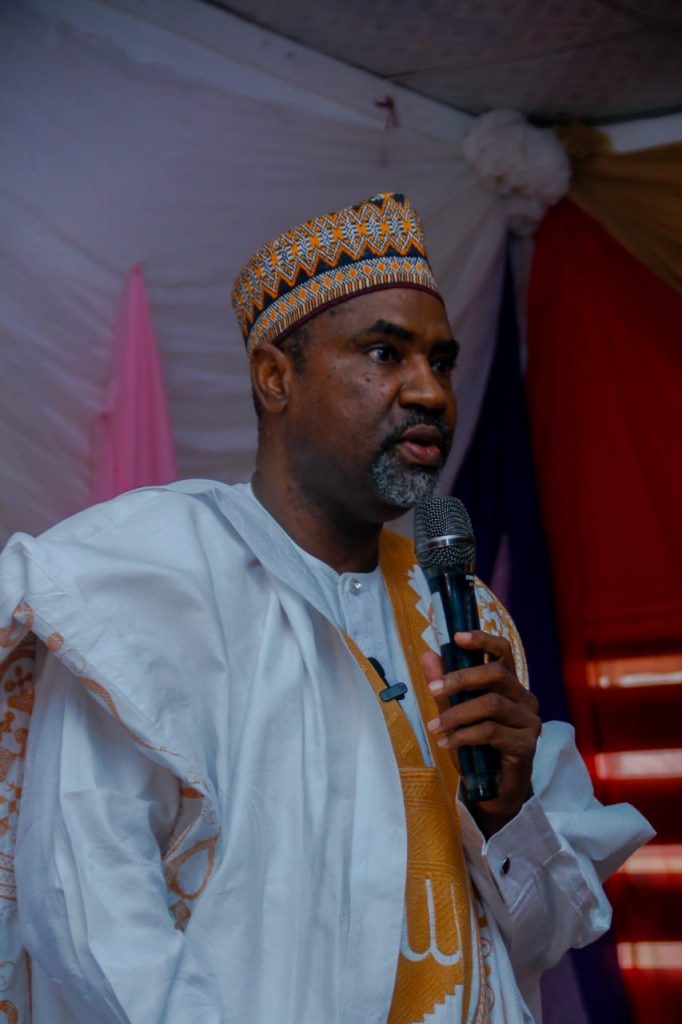 A non-governmental organisation, Advocacy for Integrity and Rule of Law (Airlin) in Nigeria, has kicked off a grassroots campaign across the 19 northern states to promote civic awareness, respect for the rule of law, and voter participation ahead of the next general elections.
A non-governmental organisation, Advocacy for Integrity and Rule of Law (Airlin) in Nigeria, has kicked off a grassroots campaign across the 19 northern states to promote civic awareness, respect for the rule of law, and voter participation ahead of the next general elections.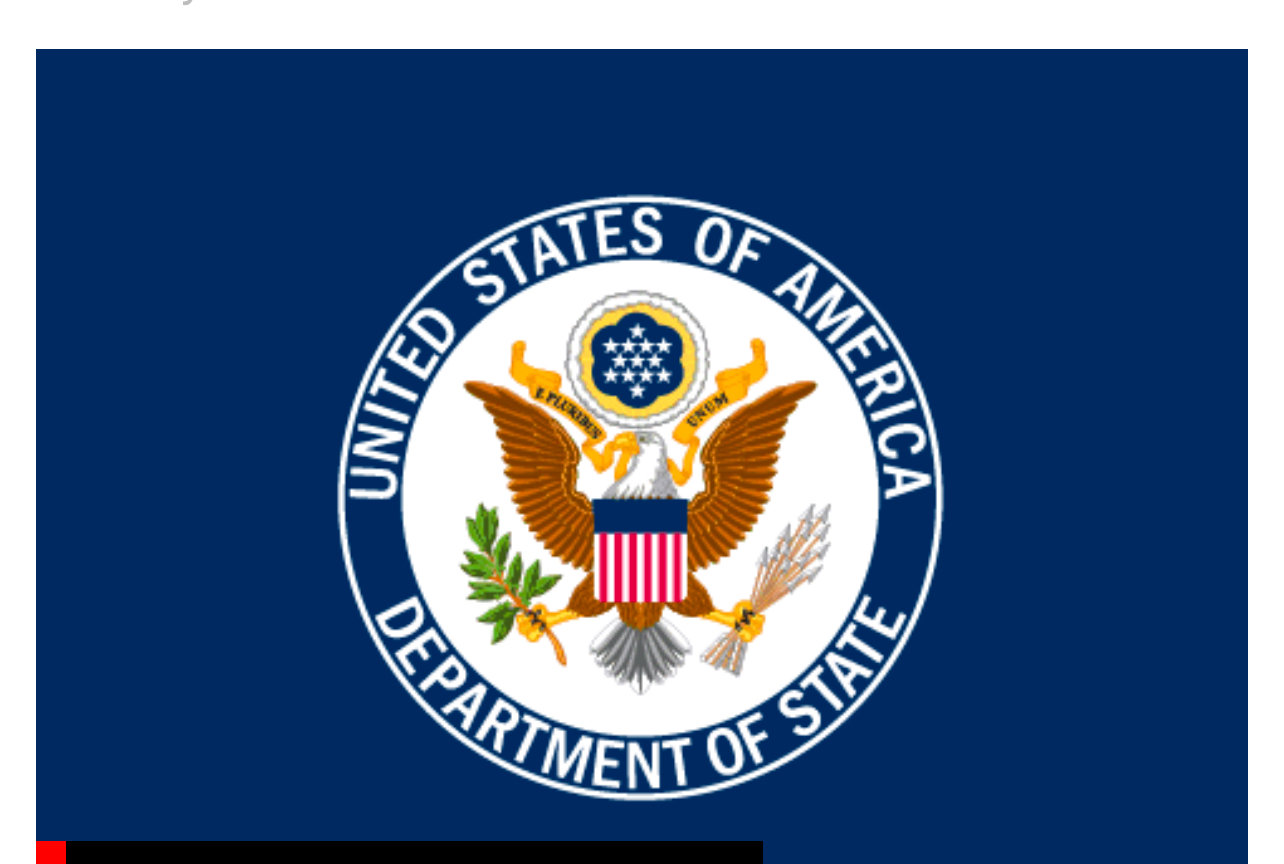
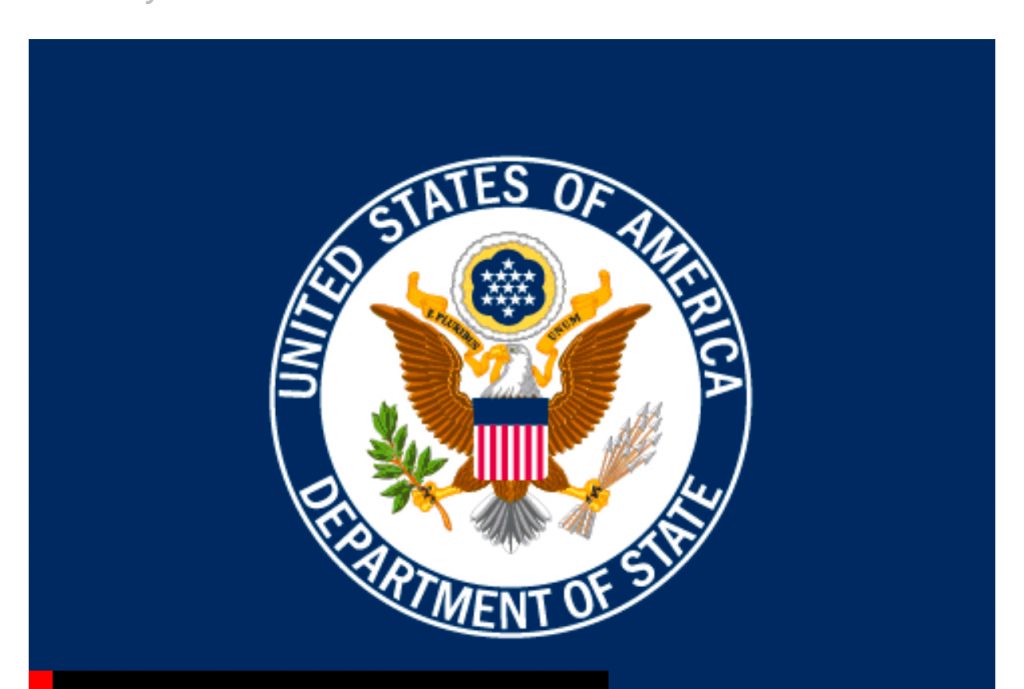 The United States Department of State has announced an update to its non-immigrant visa policy for Nigerians.
The United States Department of State has announced an update to its non-immigrant visa policy for Nigerians.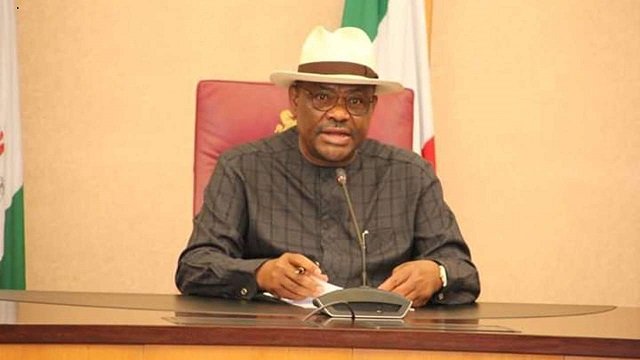
 The FCT wing of the Nigeria Union of Teachers has announced the suspension of its over three-month-old strike by primary school teachers, with a directive for members to return to classrooms starting Wednesday, July 9, 2025.
The FCT wing of the Nigeria Union of Teachers has announced the suspension of its over three-month-old strike by primary school teachers, with a directive for members to return to classrooms starting Wednesday, July 9, 2025.








